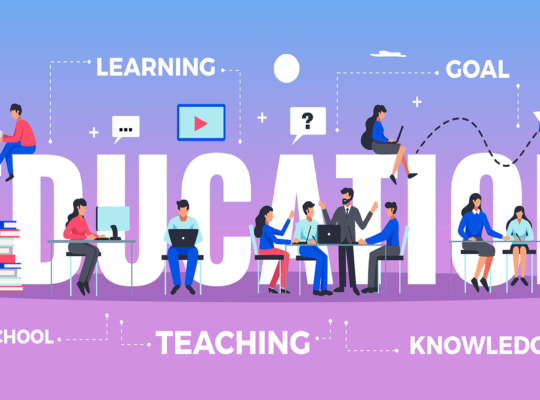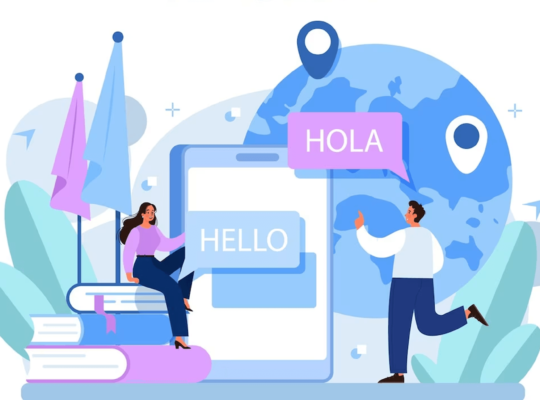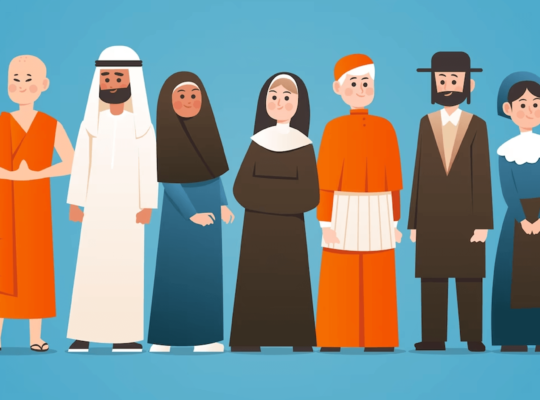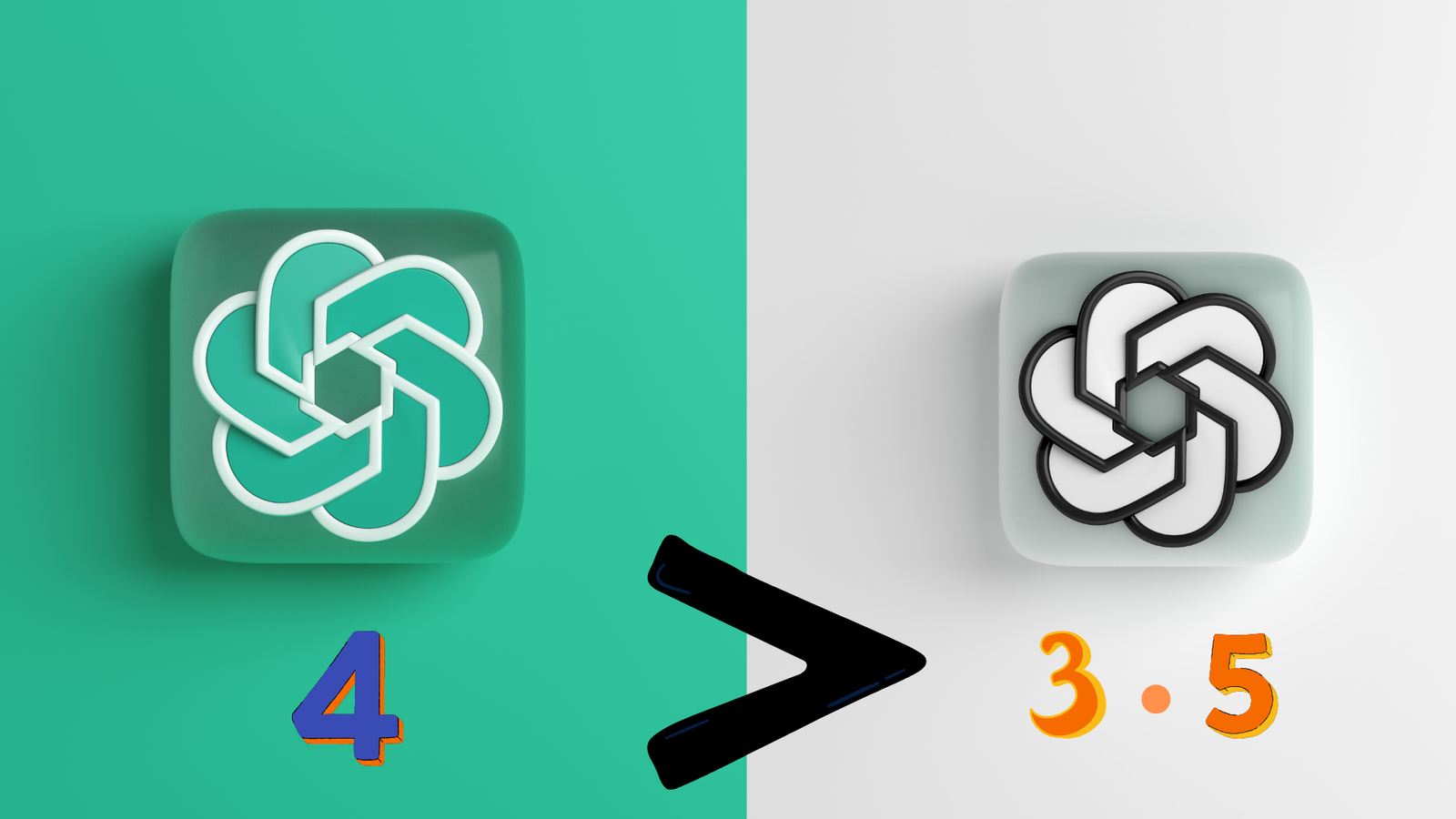OpenAI, the artificial intelligence research organization, has released its latest language model, GPT-4, which boasts several key improvements over its predecessor, ChatGPT. Here are five ways that GPT-4 is superior to ChatGPT: First, GPT-4 is “multimodal,” meaning it can understand and process more than just text. It can also process images and provide relevant information about them. For example, it can describe the contents of an image and even identify specific objects within it. This capability could be especially helpful for people who are blind or visually impaired, as GPT-4 could help them navigate and understand visual information. Second, GPT-4 is much harder to trick than previous chatbots. It has been trained on a wide variety of malicious prompts, which has helped it become more factually accurate and better at staying within predetermined “guardrails.” This should help prevent GPT-4 from saying or doing inappropriate things. Third, GPT-4 has a significantly longer memory than ChatGPT. It can remember up to 50 pages of text, which is roughly ten times more than ChatGPT’s maximum memory capacity. This means that GPT-4 can keep track of more information during a conversation or when generating text, which could lead to more coherent and nuanced responses. Fourth, GPT-4 is more multilingual than its predecessor. It can accurately answer thousands of multiple-choice questions in 26 different languages, including languages from non-Western regions. This makes GPT-4 more accessible to people who speak languages other than English. Finally, GPT-4 is more powerful overall than ChatGPT. It has been trained on a larger and more diverse dataset, and it has been optimized for a wider range of tasks. This means that GPT-4 should be able to perform a wider variety of language-based tasks with greater accuracy and efficiency. In conclusion, GPT-4 represents a significant improvement over ChatGPT in several important ways. Its ability to process images, its resistance to malicious prompts, its longer memory capacity, its multilingual capabilities, and its overall power make it a promising development in the field of artificial intelligence.

Meet Omama Ansari, the innovative head of the Edtech program at Off The School (OTS). He brings a wealth of technical expertise to his role with a Bachelor of Engineering degree in Computer Information Systems from NED University.

















